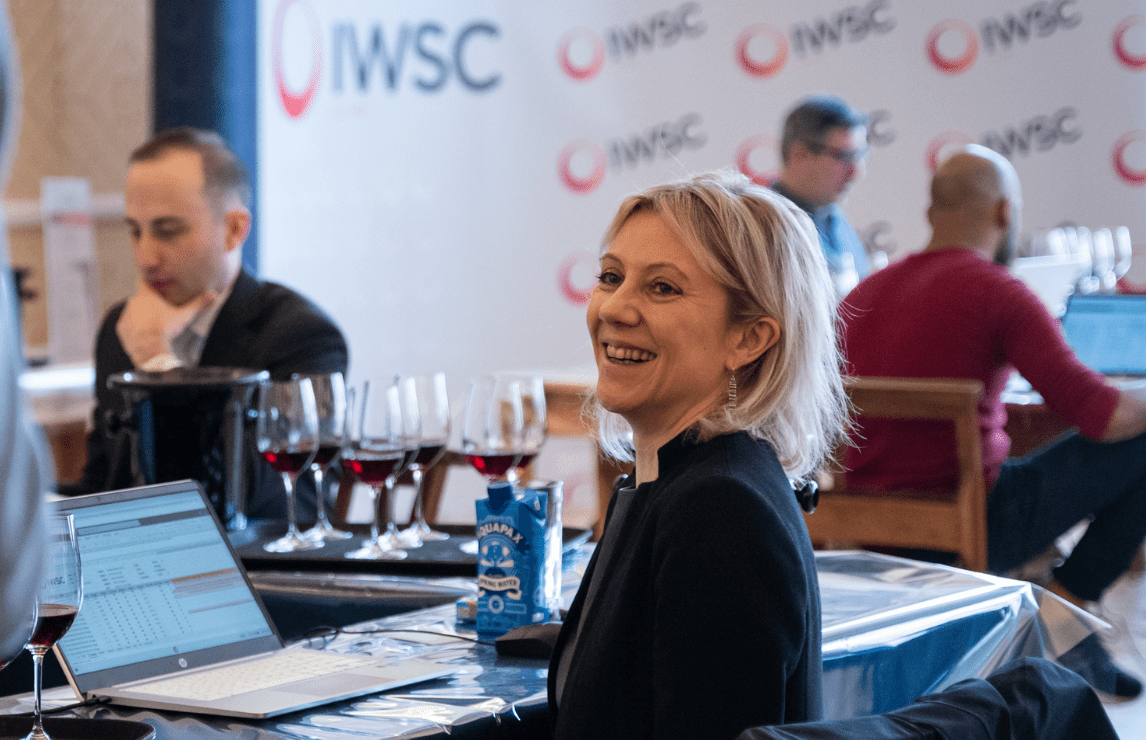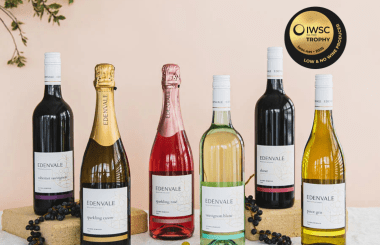Rebecca Palmer: How Wine Judging Enriches Professional Excellence
As Associate Director and Head of Merchanting Buying at Corney & Barrow Ltd and IWSC Judge, Rebecca Palmer shares why judging is vital for career development in the wine industry.
The Value of Judging
Being a judge is helpful to my career, to the point of being vital, in multiple ways. This essential role offers unique opportunities for professional growth and development.
Expanding Horizons
Firstly, judging is an opportunity to taste more widely, to benchmark, to expand our knowledge of styles from different regions and producers. As buyers, we taste wines in the marketplace, but of course not as regularly as the wines we import and distribute ourselves, so the judging process can be a valuable chance to taste different examples to compare and contrast specific styles side by side.
Breaking New Ground
The experience continually challenges existing knowledge. While sometimes you will be tasting from regions you know very well, other panels can take you into new territory completely – you may find yourself with a line-up from a country, region or varieties you are less familiar with. Having the opportunity to deep-dive into different regions and styles in this way is totally thrilling, and to do that with your peers is even better.
The Power of Collective Learning
Tasting with others of a similar level, curiosity, and enthusiasm is the best thing ever! It's fascinating to be thrown together with people working in a wide range of roles, from diverse backgrounds and origins, of different ages, each with their own unique experience. Everyone has something to bring to the table, every single person. You can give so much to each other, and learn so much from each other.
A Professional Training Ground
Judging is also a training in itself, like tuning an instrument (and yes! you are that instrument!). Evaluating wines properly, and professionally – assessing their quality, style and potential development with accuracy, and evidencing all this in sensible, coherent tasting notes and scores, all the while under inevitable time pressure – requires not only knowledge but also focus, stamina and a certain confidence, mixed with humility.
The Art of Panel Dynamics
The collaborative aspect brings its own rewards and challenges. Working well as a panel is not always obvious from the get-go. Sometimes you will know your fellow judges, at other times not at all, and the particular configuration of a panel is likely to be different every time. The best panels come together when everyone works out how to let everyone else have a voice and feels heard.
It's great when the conversation gets animated and judges disagree and spar – hurrah for some spark and passion! People will and should have strong opinions when they are passionate about a topic!"
Rebecca Palmer is Associate Director and Head of Merchanting Buying at Corney & Barrow Ltd and an IWSC Judge. Recently honoured as Chevalier de l'Ordre de Mérite Agricole, her nearly three-decade career spans buying, sales, and strategic consultancy across major wine regions.


